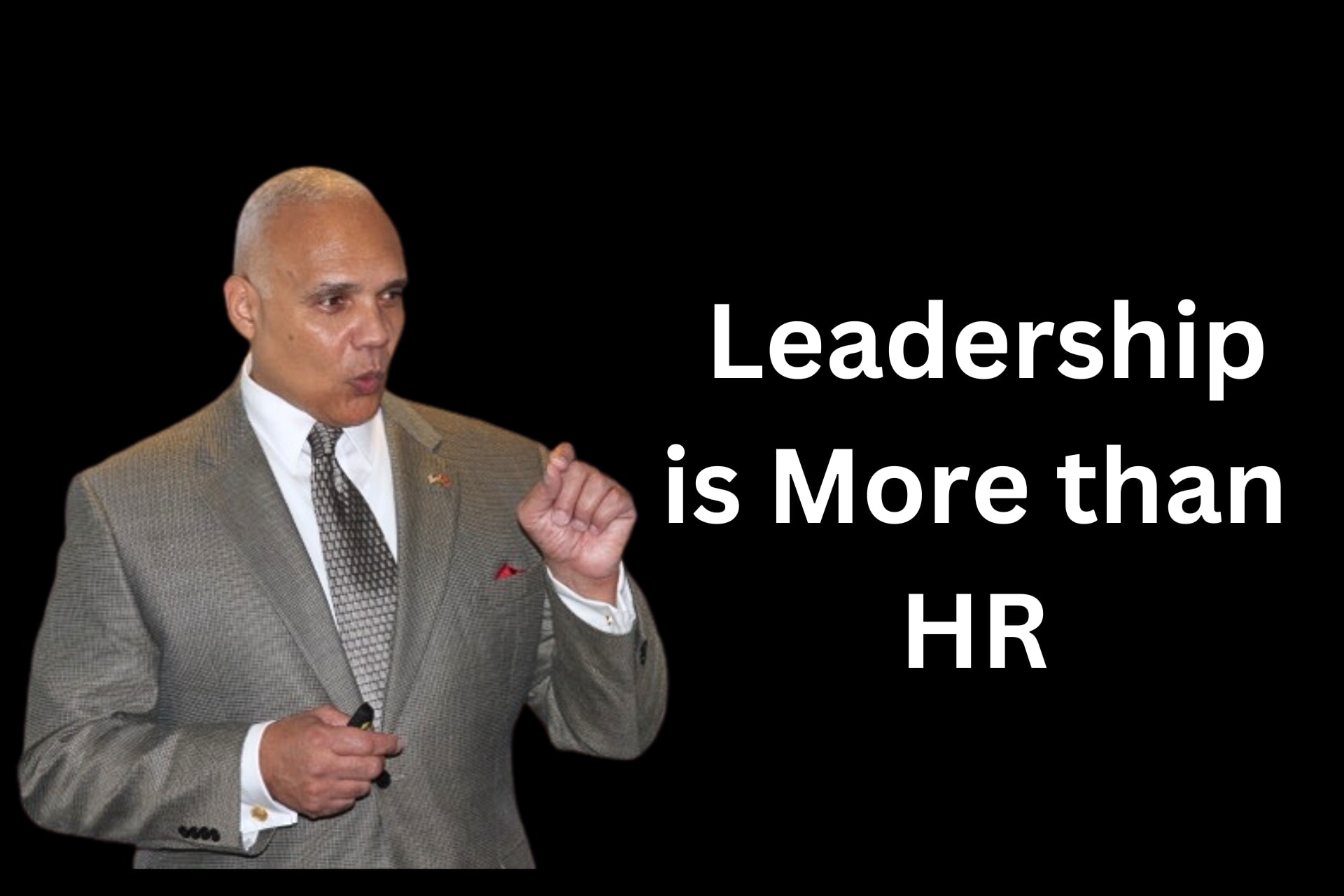Leading from the Front – Sometimes, Always, Never
Leading from the front is an age-old adage. It is the accepted belief that the best leaders lead from the front. The proverbial King from medieval times that charges into the fray leading his armies into battle. A great movie plot but in today’s environment that is a methodology I recommend to be used only when necessary.
 This may sound counter-intuitive today: Leading from the front is a sometimes, always, never proposition. The key is to know when to be in front and when to lead from someplace else.
This may sound counter-intuitive today: Leading from the front is a sometimes, always, never proposition. The key is to know when to be in front and when to lead from someplace else.
Glenn Anton “Doc” Rivers, at left, the coach of the National Basketball Association’s Los Angeles Clippers, demonstrated the concept of leading from the front: sometimes, always and never.
Sometimes, always, never
The dreaded cry, “Corpsman UP!” is one that all Marines know, meaning a fellow Marine is badly hurt and in immediate need of care. With those words voiced loud and clear a Navy corpsman, affectionately known as “Doc” to all Marines comes running to the aid of an injured Marine. In responding, the Doc is often exposed to dangers beyond the norm. It is hard to believe we have such men and women ready and willing to place their lives in danger to treat a wounded Marine. In truth, in a world where many believe we are living in a post-heroic society, heroes still exist.
The National Basketball Association’s Los Angeles Clippers team sounded the cry, “Corpsman UP!” after the horrific wounding the team, its fans, and those that are fans of the sport of basketball, received from its owner Donald Sterling. Sterling was audio-recorded making horrific racial rants and subsequently, the recording was made public.
True to what most Marines would expect, a “Doc” stepped up and cared for the wounded team.
Doc Rivers in his first season with the Clippers guided his team out of mediocrity and into the NBA Championship Playoffs. His true mettle as a leader is not his genius at the X’s and O’s of basketball strategy. Nor is it the ability to produce players who consistently play at a level beyond anyone’s expectations. Rather, it is his ability to know when to lead from the front and how to do it.
Many in leadership positions believe one always leads from the front, “follow me,” which for many implies my way or no way. Doc Rivers allowed his team to take the lead collectively with a public display of emotion before the fourth game of their basketball playoff series against the Golden State Warriors. Doc’s team was blown off the court by over 20 points. The news was exploding all around the team with accusations and constant playing of the infamous recording of Sterling’s racist’s rants.
Doc Rivers was a savvy enough leader to realize the team needed to get the emotion out. I am sure he knew it would cost them the game and it did. He led the team, but he led from the rear. I have been in the leadership business all my adult life. I can tell you it is the wise and exceptional leader that understands when that must be done.
With the game over, Doc Rivers faced the cameras and did what only true leaders do. He held himself accountable and responsible for the loss. He offered no excuses, nor comments about the team needing to get the emotion out. He took sole responsibility for the loss. Doc now led from the front. And he led in classic fashion, as only the most exceptional leaders would. No excuses.
The next game, game five, was a complete turn around with Doc’s team winning by 10 points. He gave his team full credit, taking none for himself. Moreover, his comments concerning the situation the team and the NBA found itself, were a mark of classic leadership. He expressed concern for all and respected all by avoiding statements of judgment. He was barraged with questions from the media as to what actions should be taken by the NBA to discipline Sterling. Doc referred those questions to the hierarchy of the NBA. Doc Rivers at that point demonstrated a trait many aspiring leaders, and many in leadership positions forget, the art of followership.
The art of followership is tough for many in leadership positions. It is the gifted few that realize every leader is responsible to a higher authority. That higher authority should have the benefit of your best advice and full support, not your criticism.
The leadership displayed by Doc Rivers during that agonizing situation with Donald Sterling and the NBA is an excellent case study in leadership.
Doc Rivers understood the need to lead from the front, and when to lead from someplace else.
Conclusion
The one constant of leadership throughout time gone by and in the future is the need for leaders to lead by example – model what you expect. If you cannot model the way, you cannot lead the way. Doc Rivers is a great model of leadership for his team. Regardless of industry, and size of an organization, you are the example others will follow.





